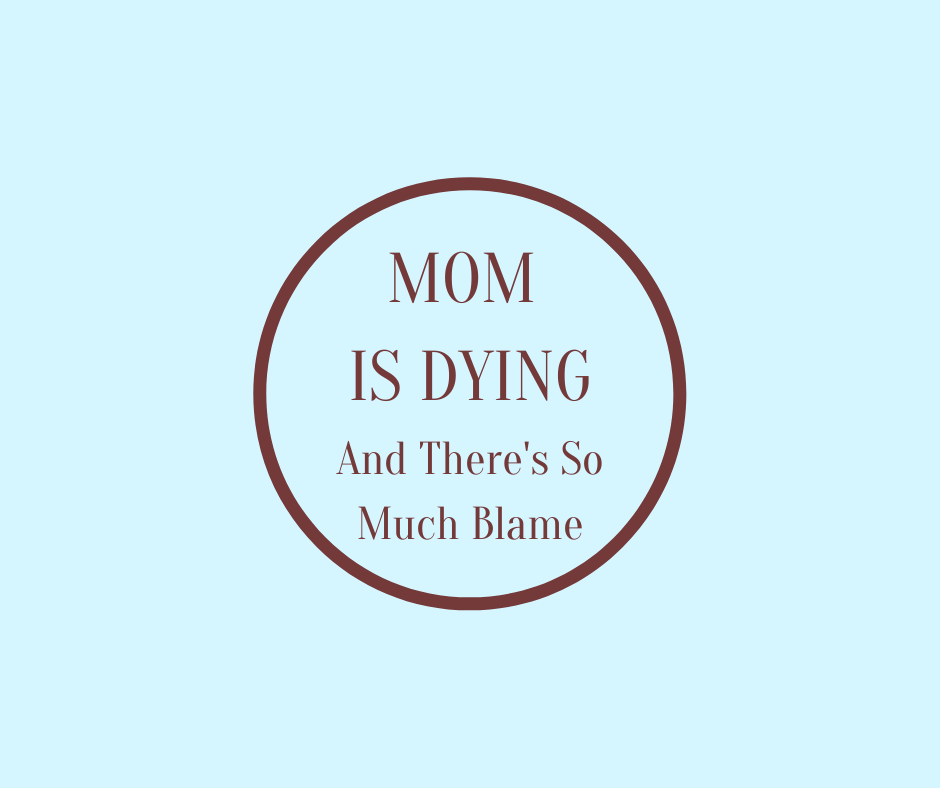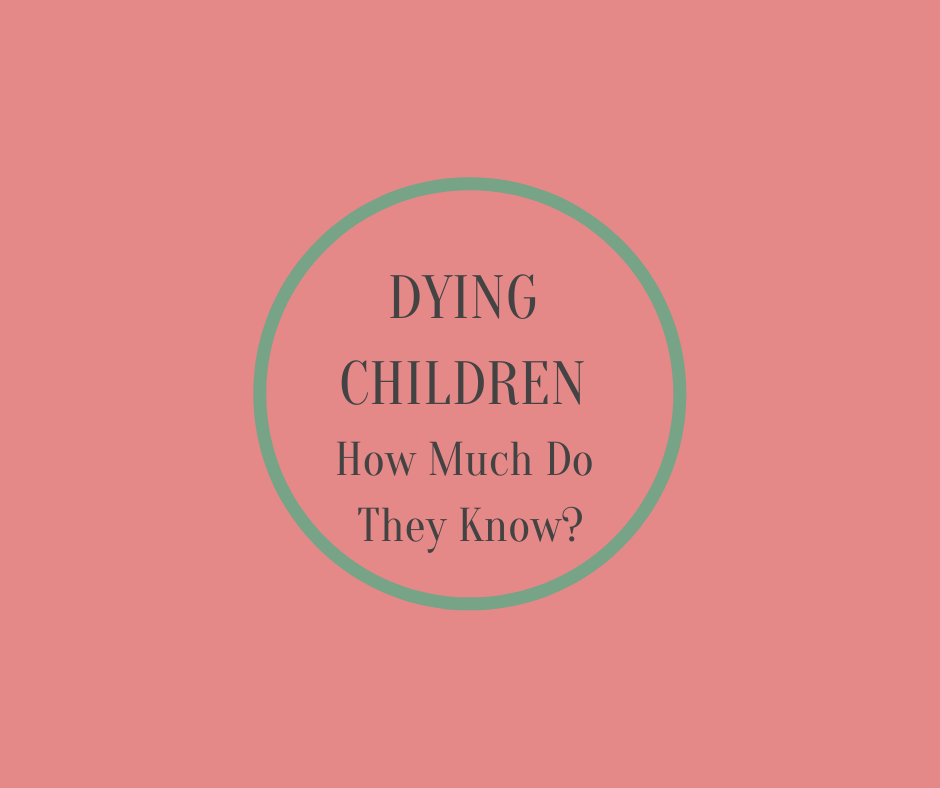Dear Barbara, I have a question. My father is currently in hospice, a wonderful peaceful place. I was given a copy of Gone From My Sight, which I have read about twenty times. On page 10 it reads, “How we approach death is going to depend upon our fear of life, how much we participated in that life . . . ” Please help me understand your choice of wording. I can’t wrap my head around it. I don’t understand the concept “fear of life”. In my mind I want to change it to “love of life” or “fear of death”. Bless you and thank you for writing these books.
Here is why I use of the phrase "fear of life": Whether consciously or unconsciously we carry many fears regarding how we live life; fear of failure, fear of the dark, fear of how others perceive us, fear of heights, fear of public speaking, fear of-------. I could go on and on.
In other words, fear is a part of being human and as we approach our final act of living those fears will affect how easily, or with how much difficulty, it is to get out of our body.
We die the way we have lived our life. We don’t change our perceptions just because we are now dying.
Our beliefs, habits, and fears actually become more intensified in our last months, weeks, and even days. We are who we are and we use our same coping skills when we are dying.
Where fear fits into our personality will be a factor in our labor to leave this world. Some of us have a timid approach to living, others a robust, conquer all approach. Fear has many faces. All have an affect as we die a gradual death from disease or old age.
Yes, love of life and fear of death are a part of our personality expression as is our fear of life. In Gone From My Sight I was making a point of how fear plays a part in the length of our labor hence the reference to fear of life. I did not address fear of death in that paragraph because it is a given that we will all be afraid to some degree as we approach death.
There is so much information about how we approach death, the signs of approaching death, and the process of dying that I couldn’t put it all into 14 large print pages. As death approaches someone we care about we do not have the attention span, or often even the time, to read an in-depth study of dying. What we do have attention for is a brief, simple explanation of what our special person is experiencing and what we as watchers need to be aware of.
I believe that knowledge reduces fear and my booklet Gone From My Sight, is a brief explanation of that kind of knowledge.
Something More About... How Does "Fear of Life" Affect Dying?
I have been hearing from agencies that family members 40 years old and younger are responding to watching NEW RULES for End of Life Care before reading Gone From My Sight. Something about how the culture is producing more visual learners. And families appreciate having the booklet in the wee hours when they want to follow the changes that are happening to Mom.








5 comments
Amy
I’ve been a nurse for 27 years, a hospice nurse for 15 years. Unfortunately, I suffer from anxiety and in a constant state of worry. I love my life, my family and just because I struggle in this world does not mean that I will approach death the same way . Renee, your sister will be just fine!!
I’ve been a nurse for 27 years, a hospice nurse for 15 years. Unfortunately, I suffer from anxiety and in a constant state of worry. I love my life, my family and just because I struggle in this world does not mean that I will approach death the same way . Renee, your sister will be just fine!!
Traci Eaton
Thanks for this expansion on that phrase. It helps me understand myself and my approach to life which is , “git ’er done!” and informs my interest, for myself, in Death with dignity, assisted dying, or what ever it is called where you are. I know most people are not interested in being clear eyed realists in thinking about end of life matters for them selves or their loved ones until necessity forces it on them. Thank you for all you do to help them redeem themselves and be present to the process.
Thanks for this expansion on that phrase. It helps me understand myself and my approach to life which is , “git ’er done!” and informs my interest, for myself, in Death with dignity, assisted dying, or what ever it is called where you are. I know most people are not interested in being clear eyed realists in thinking about end of life matters for them selves or their loved ones until necessity forces it on them. Thank you for all you do to help them redeem themselves and be present to the process.
Renee
As I was reading your explanation, it made so much sense. However, it also gave me an overwhelming sense of apprehension for my sister. She has had anxiety and fears entire life. It pains me to think her death will also be anxious and fearful for her. She is nowhere near the end of her life, it was just my first thought. Thank you for all you do!
As I was reading your explanation, it made so much sense. However, it also gave me an overwhelming sense of apprehension for my sister. She has had anxiety and fears entire life. It pains me to think her death will also be anxious and fearful for her. She is nowhere near the end of her life, it was just my first thought. Thank you for all you do!
Linda Conlin
Thank you for sharing this. You gave me something to think about and reflect upon.
God bless you for helping us through the death experience.
Thank you for sharing this. You gave me something to think about and reflect upon.
God bless you for helping us through the death experience.
nancy
I’m a hospice volunteer and the best, most courageous and almost joyful death I’ve witnessed had been the death of a skier. That person was used to jumping off into oblivion. He greeted the death as an experience. It was actually pretty wonderful.
I’m a hospice volunteer and the best, most courageous and almost joyful death I’ve witnessed had been the death of a skier. That person was used to jumping off into oblivion. He greeted the death as an experience. It was actually pretty wonderful.